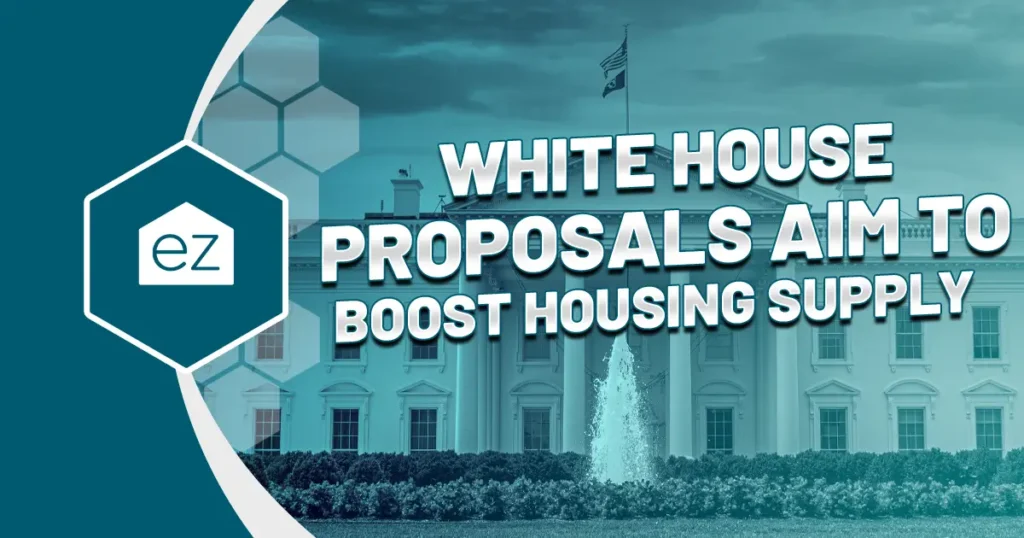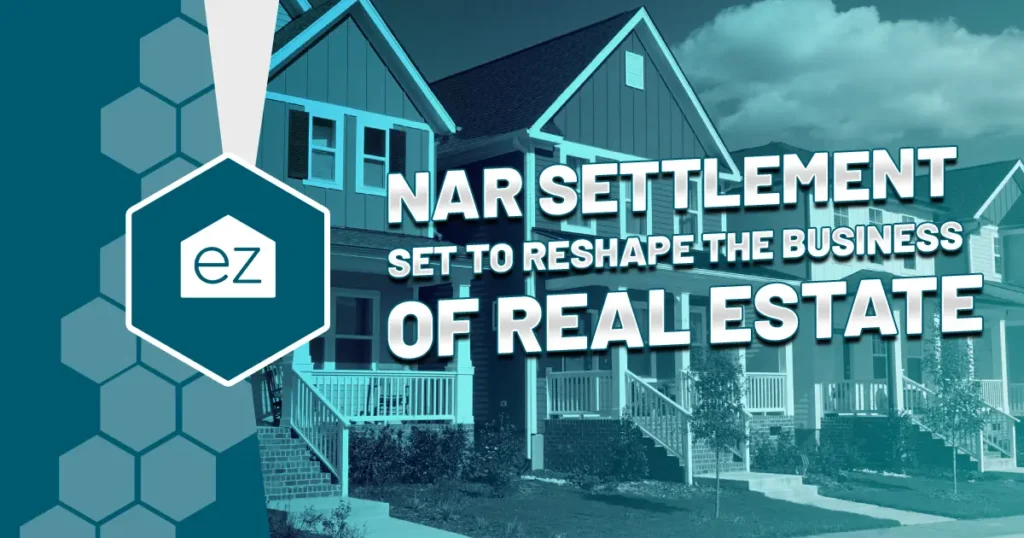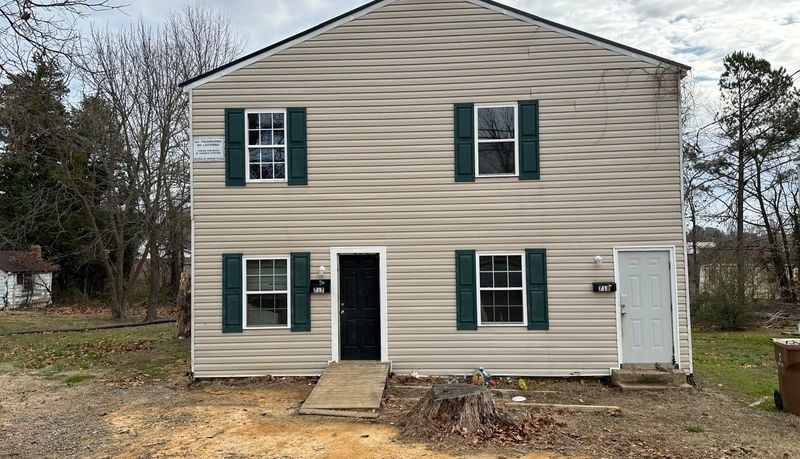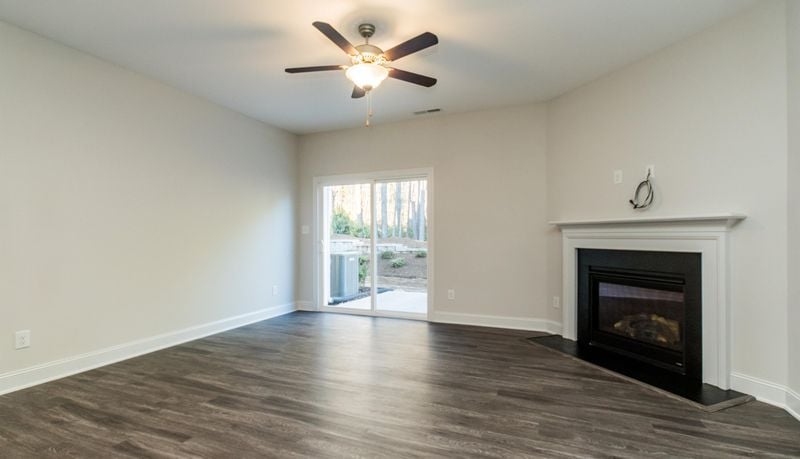New Laws Taken Action On Rising Squatting Reports
Imagine pulling up to a home you own only to find someone else living there without your permission. That’s the reality for dozens of homeowners and landlords daily, and the problem seems to be increasing. Known as squatting, having people occupy a home or land they don’t own has been a subject of legal and social contention for many years. Tenants’ rights laws have stood in the way of landlords reclaiming their properties. Now, states are taking up the charge through legislation to curb reports of increased squatting.
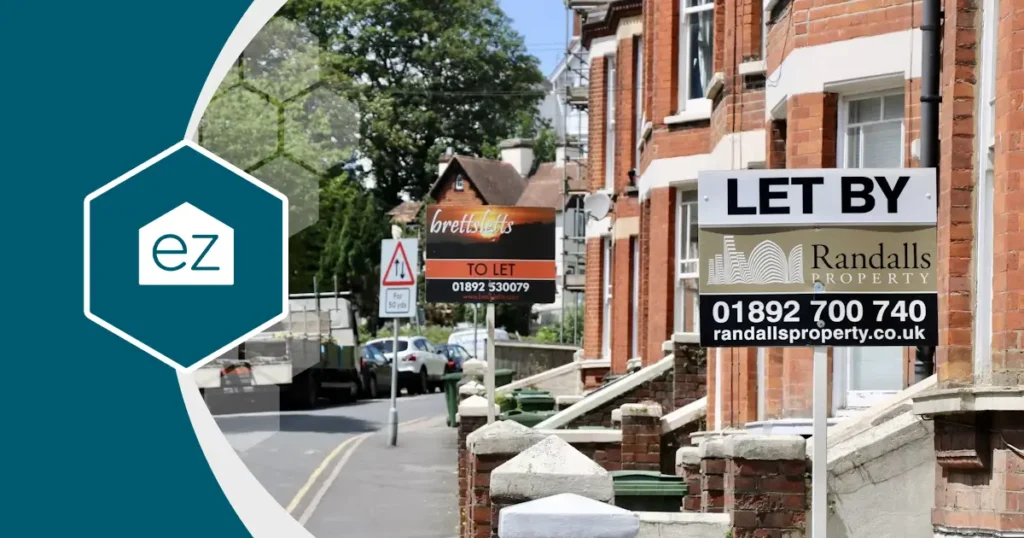
What is Squatting and How Does it Occur?
Squatting occurs when individuals or groups move into vacant spaces without the owner’s consent. It’s not just an occurrence in urban areas with high property prices. More suburban areas and communities with HOAs are dealing with unconsented tenants. It’s also become a challenge for short-term rental properties.
Historically, squatting has been associated with activists claiming space for social and political reasons. Over in London, squatters took over a restaurant in the heart of Leicester Square in 2024.
However, squatting now reflects broader issues of homelessness and property rights. Housing shortages and economic disparities often fuel incidents. The abandoned houses or buildings provide shelter for those in need.
It’s not only the homeless who squat in abandoned homes. Some people purposefully squat, targeting homes listed for lease and setting up before the landlord can find a new tenant. Another version is what states like Ohio define as “holdover tenants.” Squatting occurs when a tenant’s lease runs out, and they refuse to move. It can also be family members refusing to leave a home.
The Squatting Problem
Reports of squatting have been on the rise, but to date, people have yet to officially track the numbers. The National Rental Home Council (NRHC) did survey its members and found a high prevalence in southern states. Particularly, Atlanta had 1,200 reported squatters in 2023.
Squatters can cause incredible damage, with reports of them removing copper wiring from HVAC systems or busting doors and windows to gain property access.
In one report, a Washington State homeowner was forced to give up his home while a squatter lived in his property rent-free and listed the basement on Airbnb! Another man in Georgia, pulling up to check his just-vacated property, was threatened with a gun.
Why Are Squatters So Hard to Evict?
Legal protections and procedural red tape stand between landowners and squatters. In New York, homeowner Adele Andaloro was arrested after trying to remove squatters from her property by changing the locks.
The legal system often requires property owners to go through the same formal eviction process as they would with a legitimate tenant. This process can be lengthy and expensive. Eviction involves serving legal notices and following a set process. Possible court battles can extend the squatter’s stay.
Some squatters exploit legal loopholes or claim “squatters’ rights,” a legal doctrine allowing a person to claim land ownership under certain conditions. This claim complicates the eviction process further. If a squatter has resided on a property openly and uninterrupted for a specific period, they might claim legal ownership. In New York state, that’s as little as 30 days.
Law enforcement is sometimes hesitant to intervene in what is seen as a civil matter. Awaiting a court’s directive prolongs the situation.
The complexity of these factors creates a frustrating scenario for property owners seeking to reclaim what they own.
New Laws Seek to Put An End to Squatting
Property owners are battling to protect their ownership rights against unauthorized occupants. It took one real estate investor six months and $15,000 to get squatters off his property. Conflicts like this underscore bad actors abuse laws intended to protect tenants.
Growing complaints from landlords and communities about squatters and the safety risks they bring are finally getting attention from state regulators.
Florida Governor Ron DeSantis signed legislation in March 2024, empowering homeowners to request police promptly remove squatters from their property. Additionally, the law establishes criminal penalties for individuals who present a forged lease or cause damage exceeding $1,000.
Georgia is on its neighbor’s heels with the Georgia Squatter Reform Act, passed in its General Assembly in March 2024. It would make squatting a misdemeanor offense with up to a $1,000 fine and a year in jail. Anyone presenting a fake lease could be charged with a felony. It also speeds up the eviction time for squatters, moving it from a civil court matter to magistrate courts.
Protecting Yourself from Squatters
To mitigate the risk of squatters moving in, property owners should:
- Secure and monitor properties, particularly if they will be vacant for an extended period.
- Don’t go for the cheap locks. Lockboxes can also be compromised.
- Reinforce windows with security bars as these can be entry points for squatters.
- Only let people tour the home with the landlord or their agent present.
- Consider adding video doorbells, cameras, and motion sensors to the property.
- Make the property look occupied. Keep the landscaping fresh. Put lights on randomized timers, check on the property often, and remove mail and door hangings. Consider parking a car in the driveway.
- Respond swiftly to any unauthorized occupation. Time may not be on your side.
- Work closely with legal authorities to understand your and their rights.
Understanding the Squatting Issue
The complex issue of squatting requires nuanced solutions. Balancing the needs of the homeless against the rights of property owners is delicate and often fraught with legal ambiguity.
With squatting on the rise and its challenges becoming more evident, the issue must be addressed. Understanding the legal implications and protections against unauthorized occupation is imperative for landlords. Meanwhile, the initiatives in Florida and Georgia show new rules are needed to protect landlords and tenants alike.
Start Your Home Search
Preston Guyton
Share this Post
Related Articles
Real Estate News
New Home Builders Optimistic Despite Housing Start Decline
Real Estate News
White House Proposals Aim to Boost Housing Supply
Real Estate News
NAR Settlement Set to Reshape The Business of Real Estate
Real Estate News

